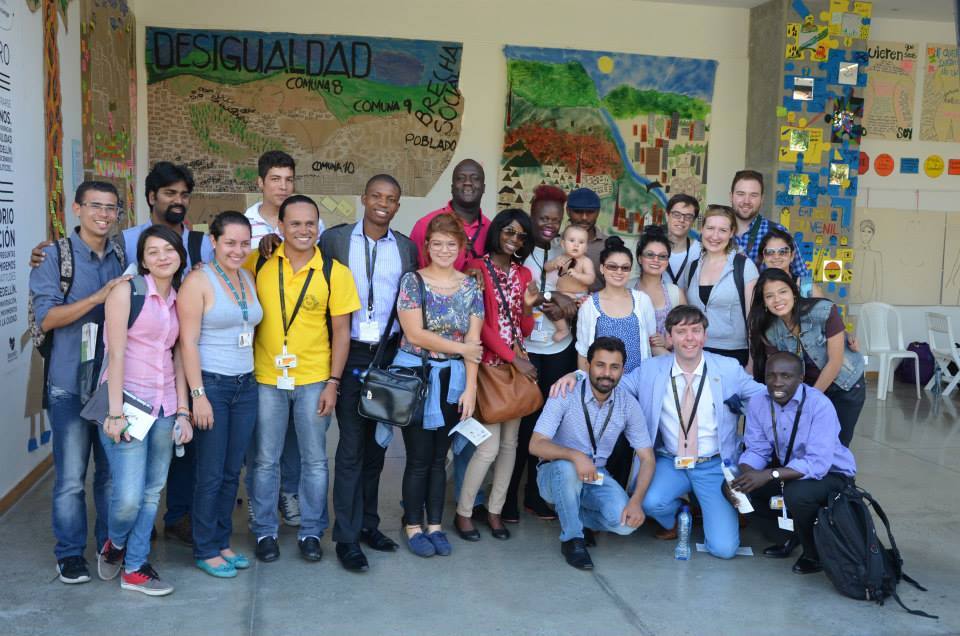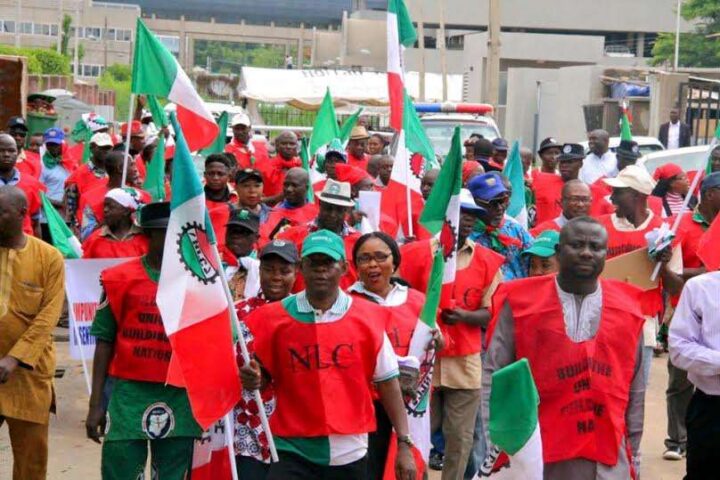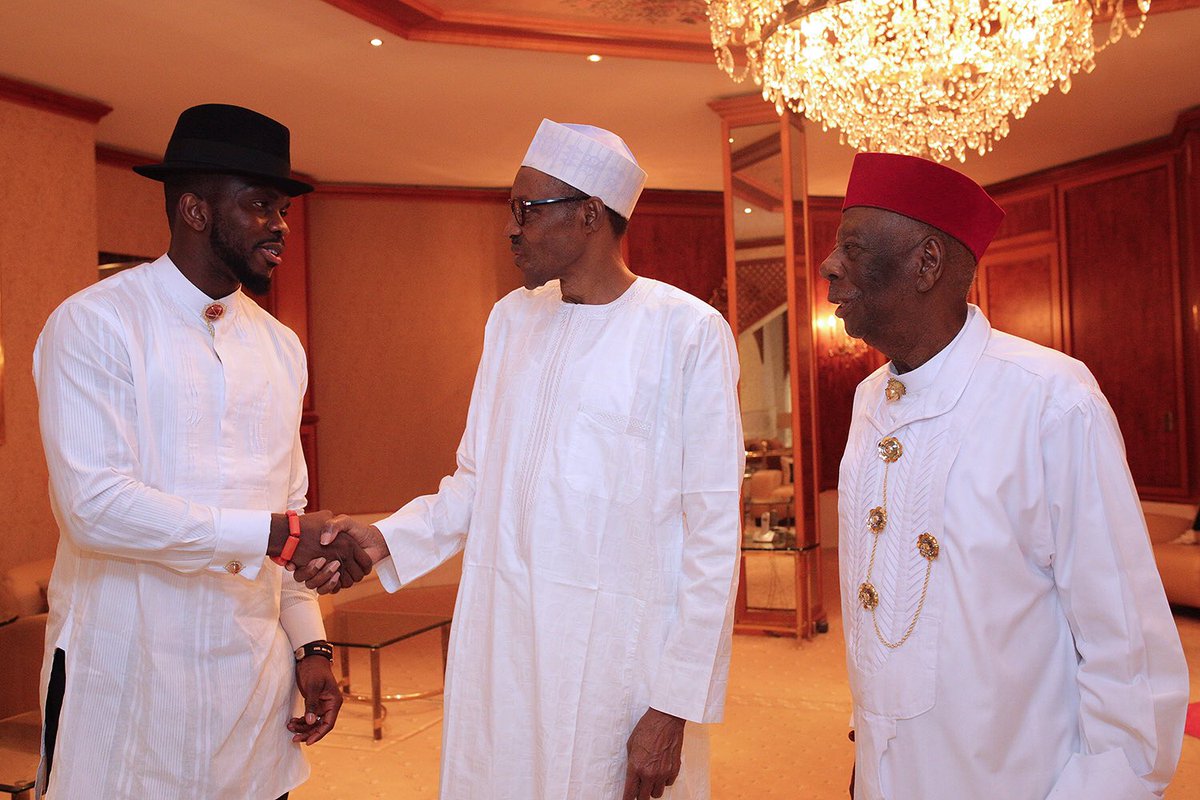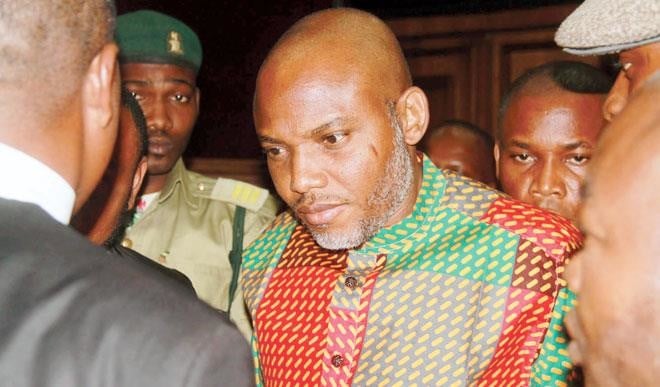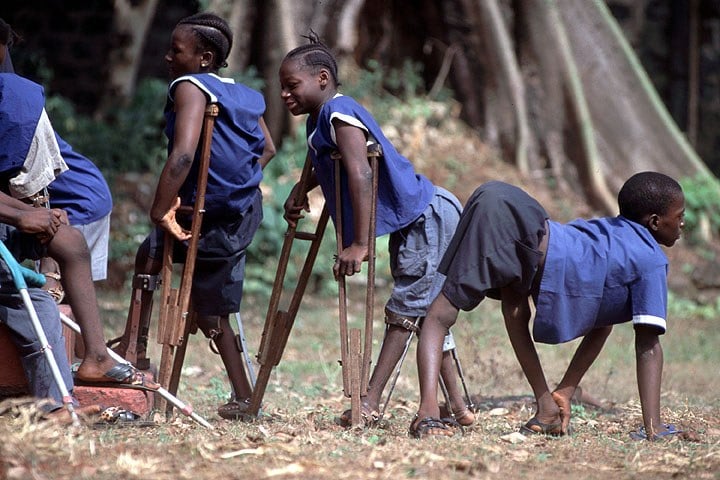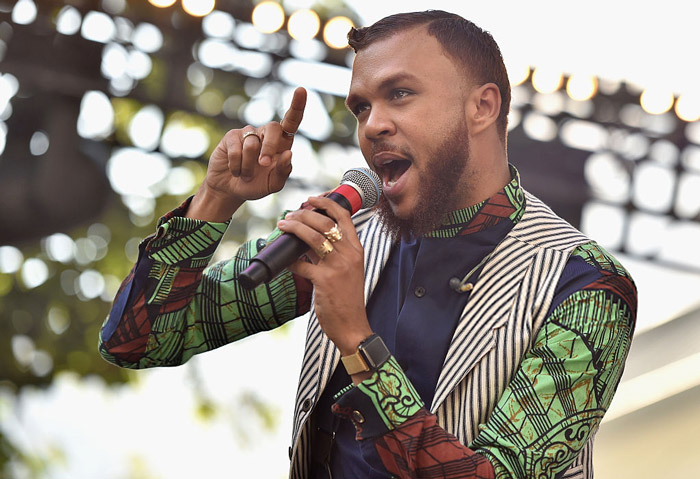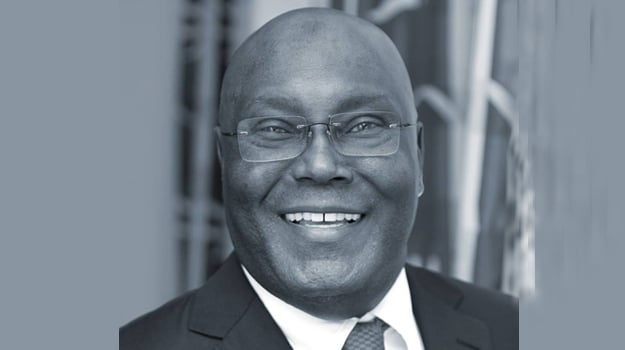BY DOUGLAS IMARALU
The potential of Nigeria’s youth population is arguably contradictory: on the one side, there are pockets of shinning stars; on the other, a largely untapped resource. But there is growing evidence that young people can be agents of change if given a chance. As we commemorate International Youth Day, this article explores the implication of putting young people at the forefront of change and development in this era of peak youth.
When we talk about young people in Nigeria we often talk about the vicious circle problems that get linked to youth: unemployment, underdevelopment, political thuggery, ignorance, radicalization and militancy — although there are pockets of shinning stars.
Advertisement
In Nigeria, the median age of our population is 20.1. But this will not carry on forever, and we are not alone in that. We are part of an interconnected world, which is passing a major statistical milestone in human history this International Youth Day 2016. It is the last time in the planet’s history that more people will be under 30 rather than older: right now we are living in the era of ‘peak youth’. The total number of young people in the world is starting to plateau. Today, we have the largest global youth population in history, and this mass will remain for several decades before beginning to shrink later this century. What does this mean for us here, and for the world?
First, we need to change the way we think about youth. The UN counts those 1.8 billion as youth because they are 15 to 24 years old, but this definition is arguably not universal and is fast changing. The transition to adulthood is being stretched in all countries. In Nigeria, young people are still waiting to take the lead of growth and development, have a decent job, place to live or their own family, and a say in policies that will determine their future. But the power of youth is that they are neither dependent children nor fully independent adults. Young people are a vital group facing huge personal challenges, challenges on which society collectively succeeds or fails. Youth is not an age bracket; it is the passing from dependency to independence. It is a transition full of potential — potential that must be harnessed.
Advertisement
Second, we need to change the way we think about what youth can do. This will happen within the lifetimes of many of us today. World leaders, including our own president, Muhammadu Buhari, have set themselves historic Global Goals to end poverty, inequality and climate change by 2030, so this simple fact has huge ramifications. Without the Youth Power of a generation that is 1.8 billion strong and will make sure those promises are kept, that better world will not be achieved for any generation. We have seen an example of what young people can do to change our country positively. Take 25-year-old Iyinoluwa Aboyeji, whose startup, Andela, recently received $24 million from Mark Zuckerberg And Priscilla Chan’s Fund to train African Engineers and what that could mean for job creation in Nigeria, or Oluseun Onigbinde, who gave up a career in banking five years ago to devote himself full time to making sense of the country’s federal expenditures and its implication on growth and development.
Savvy in the use of data and social media, Onigbinde founded BudgIT Nigeria, a website that provides budgetary facts and figures in the way an average Nigerian can understand. “Sometimes, it takes individual citizens to lead the way,” says Bill Gates, in a speech delivered at the 2016 Nelson Mandela Annual Lecture at the University of Pretoria. “Onigbinde is no doubt a thorn in the side of some of Nigeria’s elite. To me, he is an example of what one person can do to make a difference,” Gates added, underlining the impact young people can make when employed as an agency for change and development.
Advertisement
Finally, we need to change our assumptions about what young people want. So many of those stereotypes about young people in our country come from assuming that what they want is either to change things in a way that is a threat to society, or that they are so apathetic they do not want anything at all. When my agency Restless Development asked young people to survey thousands of other young people, we found that was not the case at all, and that young people prioritized having a voice, they wanted a decent living that contributed to their society, they wanted sexual rights to ensure their health and freedom from discrimination, and they wanted to be able to show leadership in preventing and solving our biggest challenges. But most of all, they wanted to show they can, and are already, leading. I hear from young volunteers every day that more young people need to be aware of the ambitious but achievable Sustainable Development Goals (SDGs). But they also have priorities.
Indeed, it is important to consider the needs of young people before formulating development policies. For Happy Zirra, a Global Youth Ambassador advocating for access to education in Northern Nigeria with the A World at School initiative, goals 2 (Zero Hunger), 4 (Education), and 5 (Gender Equality) are priorities. According to Zirra, “government should also make grants accessible to young people and their organizations to lead delivery of the SDGs”. What this reemphasizes is the need to turn to the agency of young people, to utilise their potential, priorities, and passion to deliver the SDGs.
Advertisement
If we change the way we think about youth, if we change the way we talk about young people, if we change the way that all ages can participate in our decision-making, then we will find that young people will change our world — for the better. This moment of ‘Peak Youth’ can be a historic opportunity for that positive change.
Advertisement
Imaralu is an Atlas Corps Fellow/Partnerships and Communications Fellow at the US hub of Restless Development, a global agency for youth-led development. He tweets from @jefumare
Advertisement
Add a comment
